Past Due Rent Letter Template for Landlords and Tenants
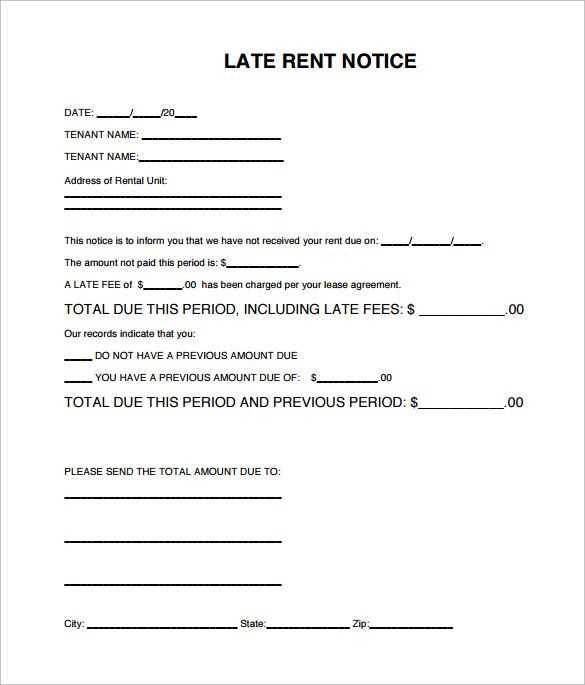
Managing unpaid obligations can be one of the most challenging aspects of property management. Effective communication is key to resolving these situations, ensuring both the landlord and tenant are clear about expectations and responsibilities. By using a formal reminder, landlords can address delays in payment without causing unnecessary tension or confusion.
Formal notifications serve as an important tool to prompt action while maintaining professionalism. These messages allow landlords to assert their expectations, outline the consequences of continued delay, and provide tenants with a clear path to resolve the matter promptly. Crafting the right tone is essential to keeping relationships positive and avoiding conflict.
Understanding the best way to address late payments is crucial for ensuring smooth operations. A carefully composed message can make a significant difference in how quickly the issue is resolved, while also preserving a productive relationship between both parties. A well-crafted reminder can also set a precedent for future communications regarding financial obligations.
Why Use a Payment Reminder Notice
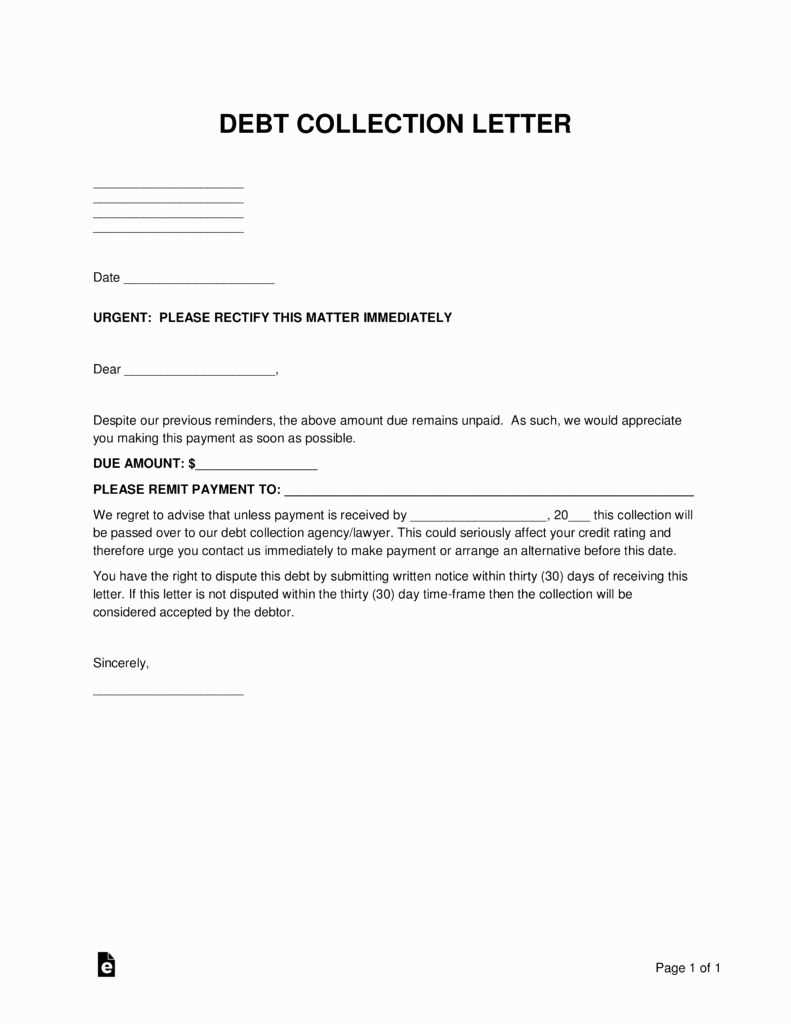
Sending a formal reminder about unpaid obligations is an essential part of managing a property efficiently. These notifications help to ensure that both parties involved are on the same page regarding payment expectations and deadlines. They serve as a professional way to address a delay in financial commitments without creating unnecessary conflict.
Maintaining Clear Communication
One of the main reasons for sending a reminder is to maintain clear and open lines of communication. A formal notice lets tenants know that their payment has not been received, providing them an opportunity to take corrective action. It also shows that the landlord is serious about enforcing the terms of the agreement while remaining respectful of the tenant’s situation.
Encouraging Timely Payments
By issuing a well-written reminder, landlords can encourage tenants to make payments promptly. This proactive approach can often prevent further delays and avoid more serious actions, such as penalties or legal proceedings. A friendly but firm reminder can motivate tenants to prioritize settling outstanding obligations, ensuring a smoother experience for both parties.
Essential Components of a Payment Reminder
A well-crafted reminder about unpaid obligations should include key elements to ensure clarity and professionalism. These components help convey the seriousness of the situation while offering a solution to resolve the issue. By including the right details, landlords can ensure that the message is both clear and effective.
Clear Identification of the Issue
The first essential component is clearly identifying the reason for the reminder. This includes specifying the missed payment, the amount owed, and the relevant dates. A precise description helps avoid confusion and allows the tenant to easily understand the problem. It’s important to remain factual and avoid emotional language to maintain a professional tone.
Action Steps and Consequences
Another important element is outlining the actions the tenant should take next. This includes providing payment instructions, as well as any potential consequences for further delays. Setting clear expectations for both the tenant and landlord can prevent misunderstandings and encourage timely action. Additionally, offering a resolution process helps both parties feel confident in moving forward.
How to Communicate Late Payment Politely
When addressing delayed payments, it’s important to approach the situation with a polite and respectful tone. Keeping the conversation professional and considerate ensures that both parties can work together to resolve the issue without creating tension. Here are some tips for communicating effectively while maintaining good relations.
- Be clear and concise – Clearly state the missed payment, the amount owed, and any relevant dates. Avoid unnecessary details or negative language.
- Offer a gentle reminder – Rather than being confrontational, present the issue as a friendly reminder. Use phrases like “I wanted to check in on” or “I noticed that…” to avoid sounding accusatory.
- Be understanding – Acknowledge that circumstances can sometimes prevent timely payments. Offering flexibility or a payment plan can show empathy.
- Provide a clear solution – Offer the tenant a simple way to settle the payment. Clearly outline how they can resolve the issue and specify any deadlines for action.
By following these steps, landlords can maintain a positive relationship with tenants while addressing the issue of unpaid obligations in a professional manner.
Legal Rights for Landlords in Payment Collection
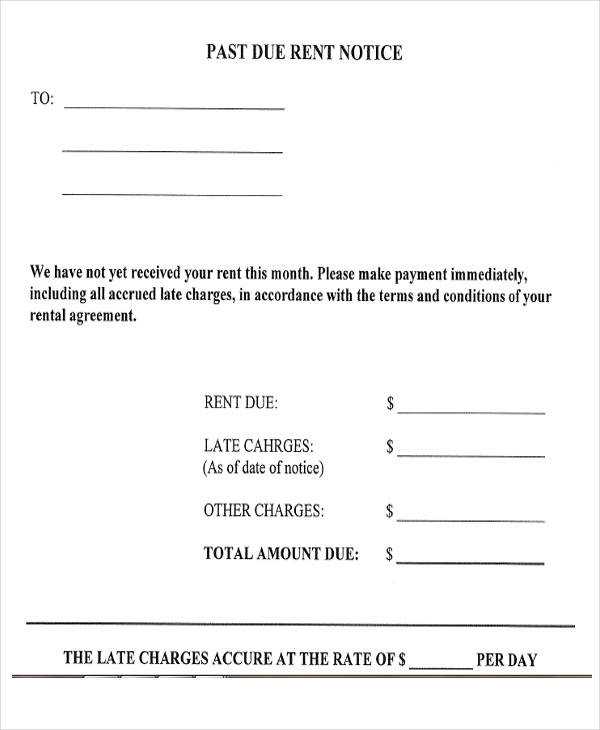
Landlords have specific legal rights when it comes to collecting unpaid amounts from tenants. Understanding these rights ensures that landlords can take the necessary steps to recover the owed funds while adhering to legal guidelines. It’s important to know the proper procedures to avoid overstepping and to protect both parties involved.
Understanding Legal Procedures
Landlords are legally entitled to request payment for overdue obligations and can pursue legal action if necessary. However, they must follow proper legal procedures, which may include providing notices, filing claims in small claims court, or seeking mediation. These steps help ensure that the process remains fair and transparent for both the landlord and the tenant.
Tenant Protections and Limitations
While landlords have rights to collect payments, tenants are also protected under various laws. These protections may include restrictions on eviction processes or requirements for landlords to offer a grace period before taking legal action. It’s crucial for landlords to familiarize themselves with local laws to ensure they are complying with tenant rights and avoid potential legal disputes.
Steps for Handling Unresponsive Tenants
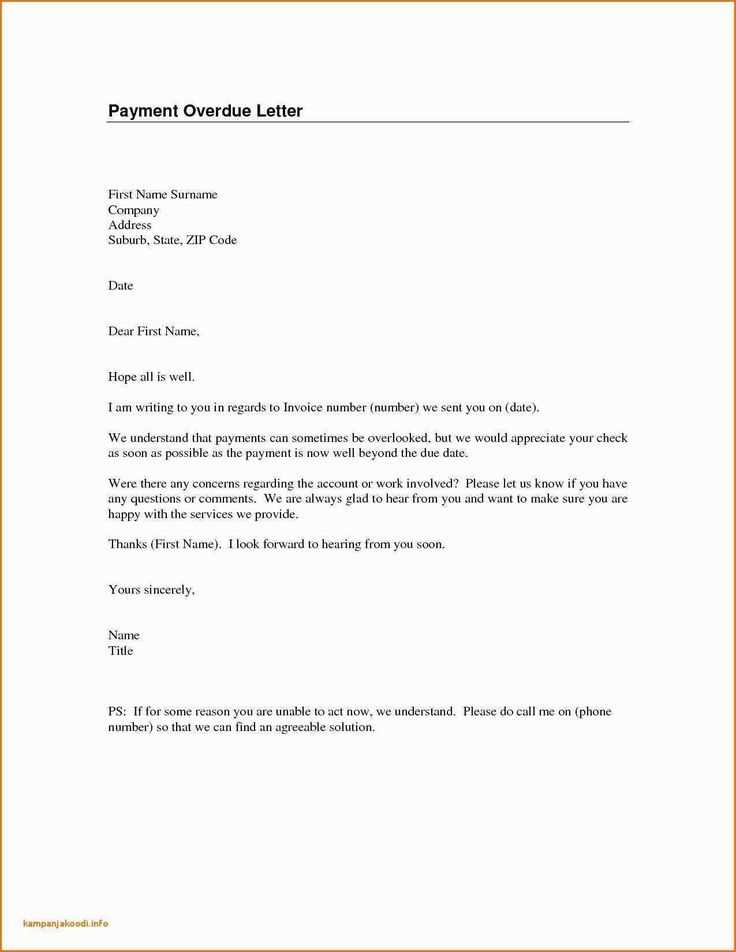
When tenants fail to respond to payment reminders or communication efforts, it’s important to take a structured approach to resolve the situation. A calm and methodical strategy can help re-establish communication and find a solution without escalating the matter. Here are the essential steps to take when dealing with unresponsive tenants.
Initial Communication
Start by reaching out to the tenant through multiple communication channels, such as email, phone calls, or even in-person visits. A polite and friendly tone can encourage them to respond and clarify the situation. Here are some approaches:
- Send a polite reminder via email or text message.
- Call the tenant directly to discuss the issue.
- Arrange an in-person meeting if possible to understand the situation better.
Escalating the Situation
If there’s still no response after initial attempts, consider formal action. This should be done carefully to remain within legal boundaries and to keep a professional tone. Steps include:
- Send a formal notice regarding the outstanding obligation.
- Offer a payment plan or alternative solutions if necessary.
- Consider involving a mediator or third-party to resolve the issue.
By following these steps, landlords can handle unresponsive tenants in a way that protects their rights while maintaining professionalism and the possibility of resolving the issue amicably.
When to Send a Payment Reminder Notice
Timing plays a crucial role when addressing missed payments. Sending a reminder notice at the right moment can help avoid misunderstandings and encourage timely resolution. It’s important to be clear about when a reminder should be sent to maintain professionalism and ensure the tenant is aware of their obligations.
Understanding the Right Timing
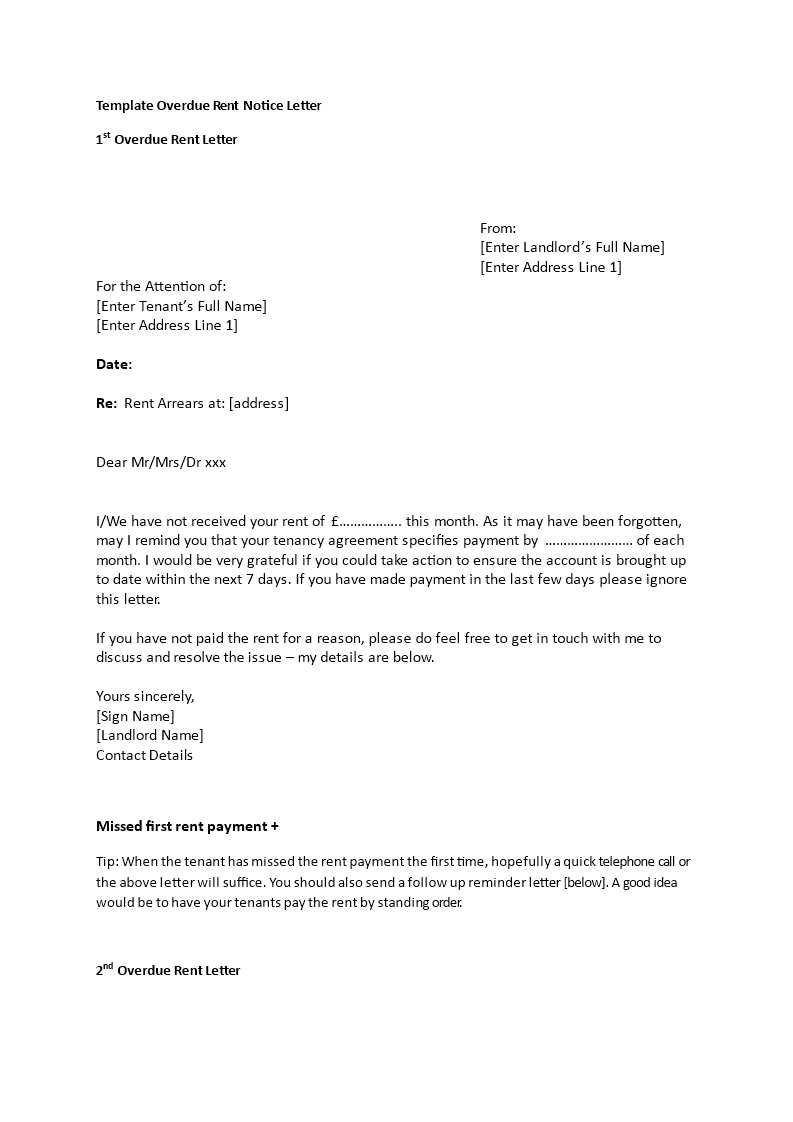
Typically, you should wait a few days after the payment date has passed to allow for potential delays. It’s essential to take into account any grace period or rental agreement clauses regarding payment deadlines. Below is a general guideline to help determine the best time to send a reminder:
| Time After Payment Date | Action to Take |
|---|---|
| 1-3 Days | Send a friendly reminder. Acknowledge that payments can sometimes be delayed and offer assistance if needed. |
| 4-7 Days | Send a formal notice requesting payment, clearly stating the amount owed and any applicable late fees. |
| 8-14 Days | Reiterate the urgency of the situation and propose a payment plan if necessary to avoid further complications. |
| 15+ Days | Consider escalating the situation with legal action or involving a third-party mediator if payment is still not made. |
Key Considerations
Each rental agreement may vary, so it’s important to review the specific terms regarding payment schedules. Also, understanding tenant rights and local laws can help determine how and when to send a notice. Following these guidelines can help you manage late payments efficiently without straining tenant relationships.
Best Practices for Tenant Communication
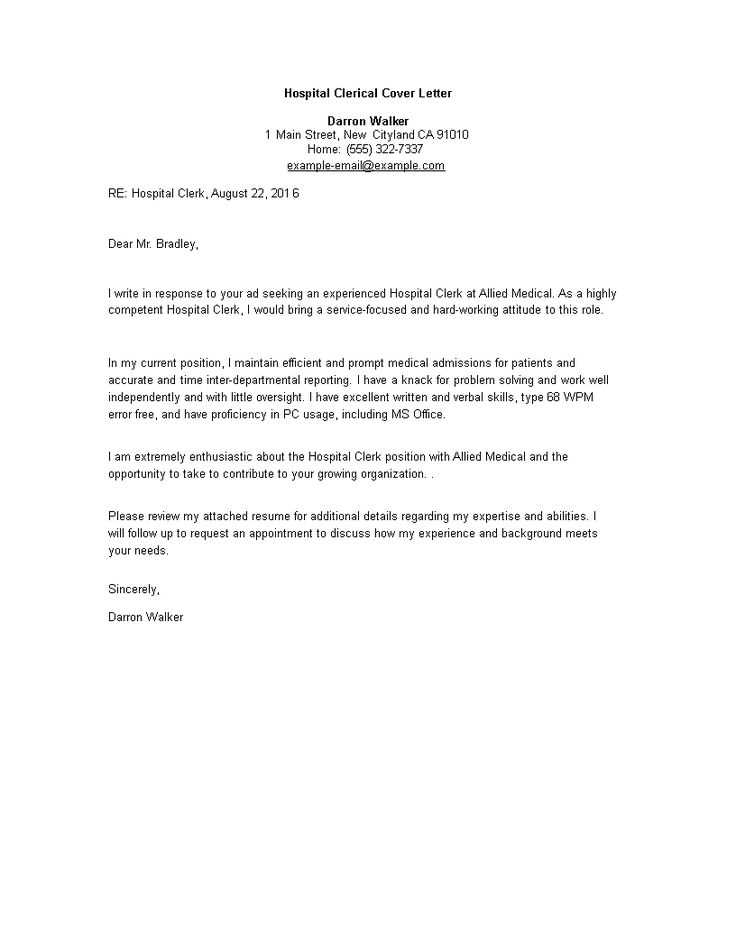
Effective communication with tenants is essential for maintaining a smooth relationship and addressing issues promptly. Establishing clear and professional channels of interaction ensures that both parties are on the same page, preventing misunderstandings and fostering a positive environment. Here are some best practices to consider when communicating with tenants.
Maintain Professionalism and Clarity
When addressing any issue, it’s important to keep the conversation respectful and straightforward. Avoid using overly emotional or confrontational language, as this can escalate tensions. Ensure that all written communication is clear, concise, and leaves no room for confusion.
- Use clear and direct language when explaining the situation.
- Avoid ambiguous terms and ensure the tenant understands any action required.
- Keep all correspondence formal and professional in tone.
Be Timely and Consistent
Timely responses demonstrate your professionalism and respect for the tenant’s time. Consistency in your approach builds trust and helps prevent delays or missed actions. Whether it’s sending a reminder or following up on an issue, timely communication is key.
- Respond to tenant inquiries within a reasonable timeframe.
- Follow up on any outstanding matters promptly.
- Ensure regular communication to keep tenants informed of any updates.
By adhering to these best practices, landlords can build stronger relationships with their tenants and handle issues in a way that is both effective and professional.